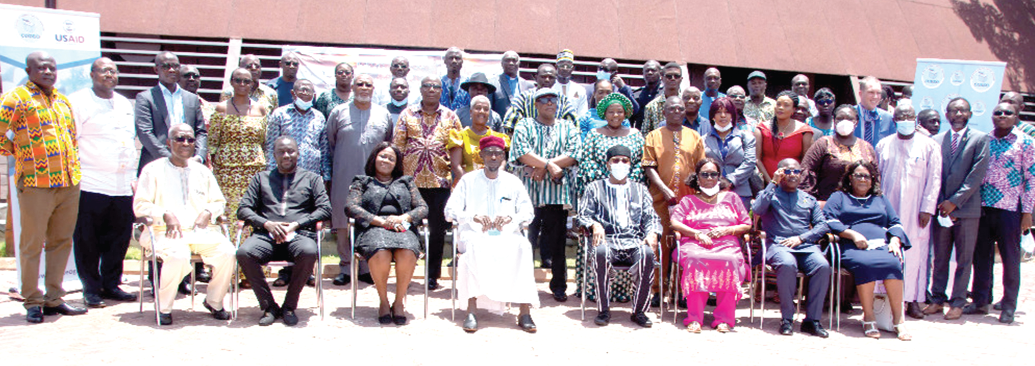Discussants at a post-election stakeholders’ review workshop of the 2020 presidential and parliamentary elections, have urged the Electoral Commission (EC) to review the close of poll time from 5p.m. to 4p.m.
They also entreated the commission to consider creating collation centres at the electoral area level to reduce the workload and overcrowding at constituency collation centres.
That, they said, would allow for early counting of ballots and collation of results under natural light.
This was contained in a communique issued at the end of the workshop by the Coalition of Domestic Election Observers (CODEO).
The three-day workshop was attended by representatives from the EC, the National Commission for Civic Education (NCCE), the National Peace Council (NPC), the National Media Commission (NMC), the Ghana Police Service, the Judiciary and some political parties.
Challenges
The participants mentioned other challenges associated with the election results management process to include errors on results forms (pink sheets) by election officials and crowding at collation centres partly due to poll officials submitting many polling station results at the same time.
They also asked the EC to prioritise the training of presiding officers and political party agents on recording of election results forms or pink sheets.
“The EC should digitalise election results forms (pink sheets) by using hand-held scanners with inbuilt chips to allow for instant transmission of election results and subsequent upload onto the EC website.
“This would ensure easy access to official copies of polling station results for political parties, including relatively smaller parties who may not have agents at all polling stations, the media and the general public,” they added.
The participants further said: “Instead of the EC waiting to get results from all constituencies before publishing on its website or announcing through a press conference, it should adopt a process to release certified collation centre results as and when they are received. This will help defuse anxiety experienced by citizens while waiting for election results and also build confidence in the electoral process.”
Collation centres
The participants also stressed the need for the EC to assess and re-strategise the set-up and operations at constituency collation centres.
“The current set-up leads to overcrowding, thus, making computation of results in such conditions more difficult for election officials.
“To promote transparency, the EC should return to its 2012 plan of setting up viewing screens at all constituency, as well as regional and national collation centres,” they recommended.
The participants also urged the EC to re-assess the operations of the newly added regional collation centre as a layer in the results collation chain and what value it could add to the results management process.
“If this layer is to be kept, the rules around the powers of returning officers at that level and that of the constituency returning officers must be reviewed and clearly elaborated,” they added.
The participants further urged the EC to review Constitutional Instrument (C.I.) 127 to elaborate on procedures for correcting results of constituency, regional and national results collation and summary sheets after the announcement or declaration by officials.

